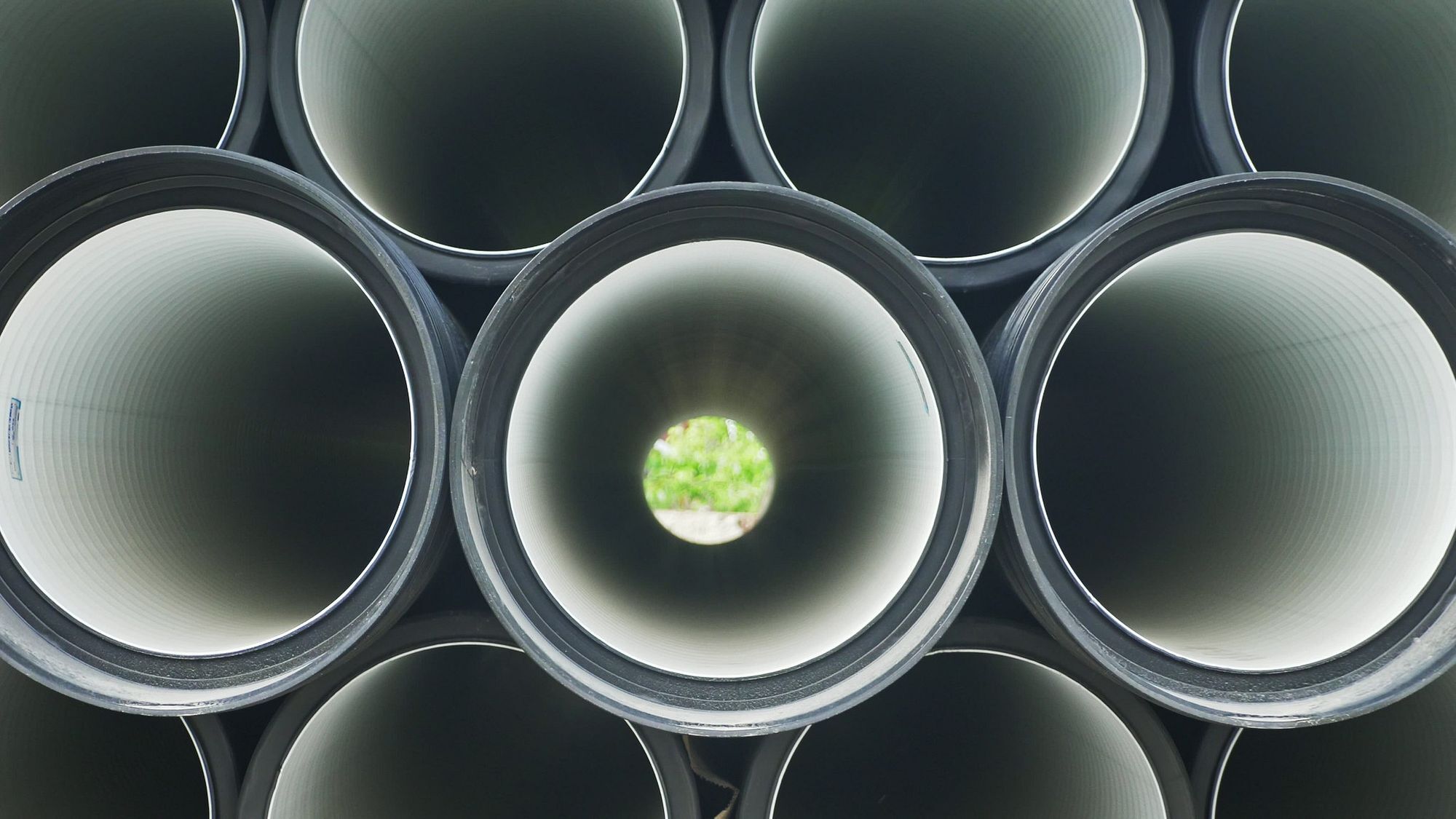Keep Your Swimming Pool Clean and Safe
If you, like many homeowners, jumped on the backyard pool bandwagon last summer when the pandemic closed public pools, you are not alone. Pools are a fun and refreshing way to enjoy the season, but only if they’re sparkling. Nothing worse than jumping into a filthy pool with mosquitos and algae floating on its surface.
Here, Theresa Bellish, a water safety expert at NSF, offers tips for keeping your swimming pool clean and safe.
Whether you have your own backyard pool or hot tub, or swim at a public pool, cleanliness should be a top priority. It’s important to make sure the right equipment and chemicals are being used to treat the water as well as prevent potential injuries.
Install a Cleaning System
Make sure that your pool has a working filtration system. Look for disinfection systems for pools and hot tubs that are certified. Follow these tips for keeping the water in your hot tub or pool fresh:
- For hot tubs and pools with a filter pump, be sure to change the filter regularly for maximum efficiency (check the manufacturer’s instructions).
- Always shower before taking a dip, as much of the grime and slime in pools comes from lotions and makeup on our bodies.
- Always cover hot tubs and pools when not in use to prevent bugs, leaves and yucky debris from falling into your water.
Make Sure Your Pool is Properly Disinfected
A pool properly maintained using chlorine or bromine is safe. It’s okay to ask public pool operators about their cleanliness procedures.
Store Chemicals Properly
It’s especially important to store your pool chemicals properly. Keep them locked away where children cannot get to them. Follow manufacturer’s directions for storage.
Use Pool Chemicals as Directed
Pool cleaning chemicals, such as chlorine, help to keep water and swimmers free from bacterial contamination, but more is not better. And that pool smell? Theresa says, “Be careful to make sure you have the right levels of chlorine disinfectant. Often when you think the pool must be clean because you can smell strong chlorine, that is actually the smell of chloramines which are perspiration, skin oils and urine. To eliminate these unwanted additions, it’s important to shower before entering the pool. You can also ask the pool operator how often they check the chemical levels of the water.”
Sign Up for Tips for Better Living
Stay up to date with what matters most to you and your family.
Related Posts

Foodstuffs: How To Store and Heat Leftovers Safely

Kitchen Cleaning 101: Your Ultimate Guide to Optimum Kitchen Cleaning

Keeping a Clean Home, Especially When You Share It With Your Pet

loMT: Utilize Internal Information Security Expertise to Combat Cyber Risks
How NSF Can Help You
Get in touch to find out how we can help you and your business thrive.

What’s New with NSF

Healthy People Living on a Healthy Planet: The Future We’re Working For
April 4, 2024
American Meat and Egg Distributors Now California-Ready with NSF’s Prop 12 Certification
April 3, 2024
2024 GFSI Conference - Meeting the Needs of our Evolving World
March 20, 2024